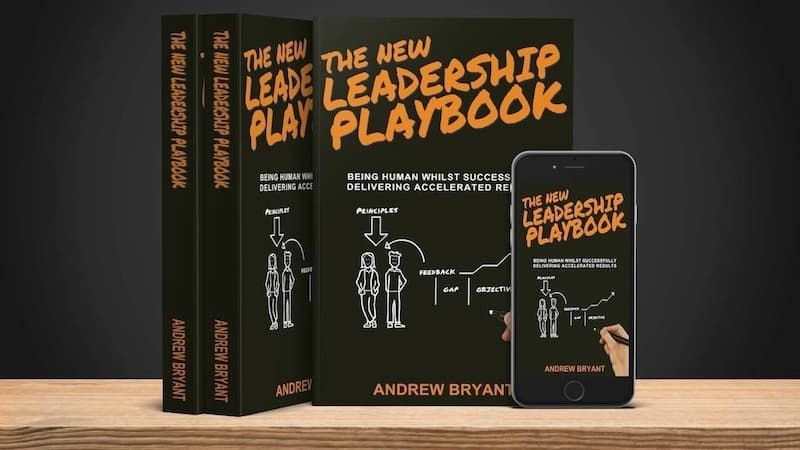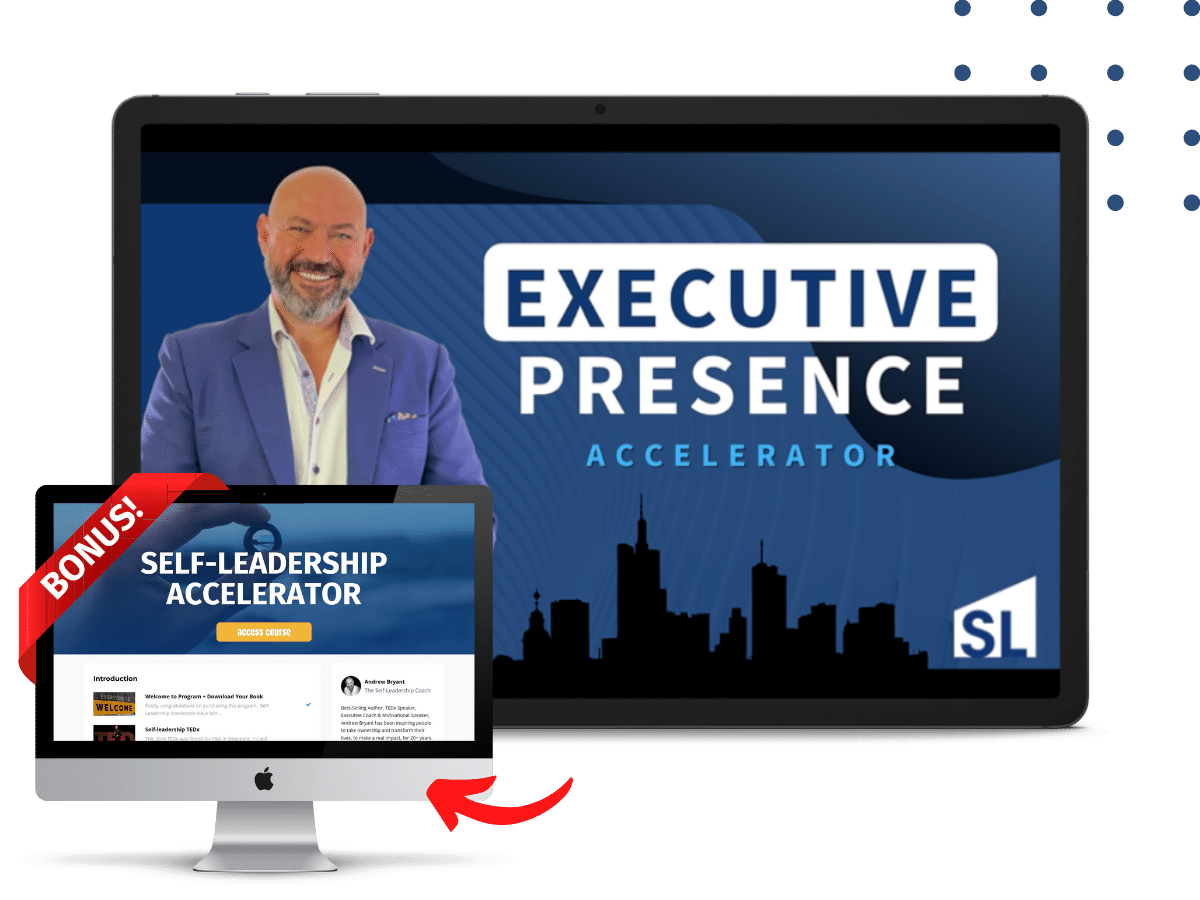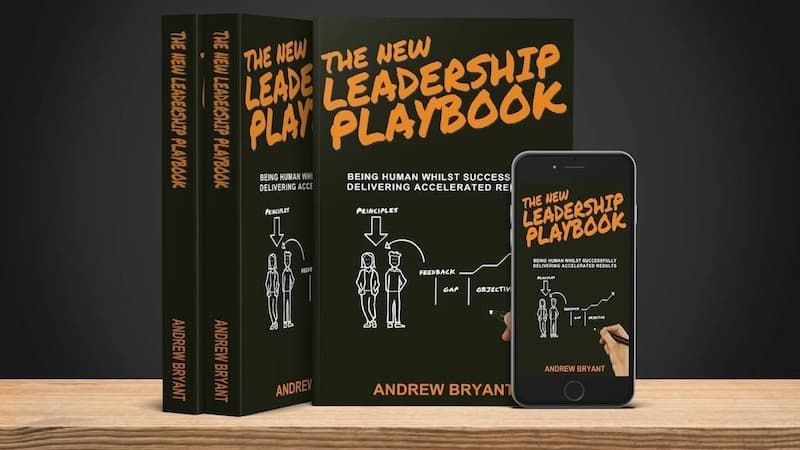Personal Mastery - Definition and Importance to Learning

Personal Mastery has many definitions but what is most important to understand is that it is not a destination or a definitive state, but a process. The idea that mastery is a process was described by Peter Senge, in his book ‘The Fifth Discipline.’
People with a high level of personal mastery live in a continual learning mode. They never “arrive.” (Peter Senge)
The application of personal mastery is key to living an effective life and having a successful career. This has never been truer than at this time in history.
In this post we explore, what is Personal Mastery, why it is important and, how to develop it.
Personal Mastery Definition
I define Personal Mastery as follows:
"Personal Mastery is the process of living and working purposefully towards a vision, in alignment with one’s values and in a state of constant learning about oneself and the reality in which one exists."
Personal Mastery and Self-leadership can be considered synonymous. They both require self-awareness, self-management, and self-learning. There are some distinctions, but they might be academic. Here is the definition of Self-leadership:
“The Practice of intentionally influencing your thinking, feeling, and actions towards your objectives” (Bryant & Kazan 2012)
The Importance of Personal Mastery
"To thine own self be true".
In Shakespeare’s Hamlet, Polonius gives this personal mastery advice to his son, Laertes, before the young man travels abroad. But Polonius doesn’t tell Laertes how to do this.
How can we be true to ourselves if we don’t know who we are, what our values are, and what our vision is?
The maxim “Know thyself” was reportedly inscribed in the Temple of Apollo in the ancient Greek city of Delphi.
In this current age of Social Media and AI, if we are to attain personal mastery, we must decide who we are before an algorithm decides for us."
To be confident and effective, we must first influence ourselves, before we can lead and influence others. Organizations are looking for employees who take ownership and are accountable and in my role as an Executive Coach and Motivational Speaker, you will often hear me say…
“You can’t lead others unless your first lead yourself”
The task to know thyself, so that you can live an authentic life, is not for the faint hearted. It requires the realization that we are operating from mental models about ourselves and reality and that what we think of as ‘our truth’ might be just one version.
Like Neo waking up from the Matrix (The Matrix 1999) we can be confused and disoriented and require a guide or coach like Morpheus to orient us. This is a paradox, self-leadership or personal mastery rarely happens in solitude, it is usually a hero’s journey (Joseph Campbell) with various guides, traveling companions, and the occasional monster to slay.
Your road to personal mastery will, therefore, be a journey, but the alternative is to live an inauthentic and unfulfilled life of blissful ignorance or quiet desperation.
Personal Mastery and Organizational Learning
In this current disruptive age, organizational learning has become the only sustainable advantage. Senge noted the link between Personal Mastery and Organizational learning:
"Organizations learn only through individuals who learn. Individual learning does not guarantee organizational learning. But without it, no organizational learning occurs."
Smart companies and smart countries invest in learning. Singapore, for example, is providing grants and tax deductions for individual and organizational learning and upskilling.
Human Resource and Learning & Development professionals have long complained about limited budgets, but many now report a loosening of the purse strings as companies recognize the value of encouraging people to develop themselves.
Developing Personal Mastery
1. Vision
The first habit of Stephen Covey’s personal mastery book - ‘7 Habits of Highly Effective People’ is:
“Begin with the end in mind”
Those who are developing their personal mastery invest time and energy in developing their vision. By having a clear vision, they are more resilient to being ‘knocked off course’ by the disruptions of life.
Vision is a specific destination, an image of a desired future that is supported by a purpose (the reason why). Our ability to persevere and embrace the constraints and challenges presented by our current reality on our path toward achieving our vision is what characterizes mastery of the creative tension between where we are and where we want to be.
2. Values
Covey used the metaphor of the compass to describe how values guide us toward our vision. Dr. Fons Trompenaars explains that:
“The value of a value is its ability to resolve an ambiguity”
When we know our values and the values of the organization we lead or work for, we are better equipped to make decisions when the outcome is uncertain.
I recently re-watched the movie Titanic (1997) with my teenage daughter. The decision to do so was driven by my value to be a good father, but the additional value I received was a reflection of the values that drove behaviors during that incident.
We know that the White Star Line owners of the RMS Titanic valued aesthetics over safety when they decided to not put the full quota of lifeboats on the decks. We know that during the sinking, the First-Class passengers had priority accessing the limited number of lifeboats, showing that all life was not valued equally.
This poses an interesting personal mastery question. If you say you value something, such as humanity or equality, would you sacrifice your life for it?
Less life-threatening, but potentially career-limiting decisions are required on a regular basis. Your boss or superior officer is doing something you consider wrong or illegal, does your value of integrity cause you to confront the behavior, or does your value of self-preservation inform you to keep quiet?
Personal mastery requires living a life in alignment with your values, but as you can see from the above examples, this can be challenging.
In my 2012 book, with Dr. Ana Kazan, Self-leadership – How to be a More Successful, Efficient and Effective Leader from the Inside out - we provide values exercises to help you develop the awareness and practice of these guiding principles.
3. Perspective
The self-awareness of one’s mental models, and the realization of the context, culture, and relationships we are in, requires developing perspective.
With perspective, we can step back from our own mindset, and question what something means in terms of our vision and values. Let me explain using a metaphor with the game of football.
- If you are playing the game, you are likely to be focused on the ball and the other players (both yours and theirs).
- If you are watching the game from the stadium as a supporter, you will be watching an individual play but also how your team is performing against the opposition. You are likely to react personally to goals scored for and against your team.
- If you are a sports commentator, you will be aware of how the results of this game impact the league table.
- If you are an academic you might consider the game from its historical, social, and symbolic nature as a mode for preparing young men for battle or as a distraction for the masses from a mundane existence.
- And if you are an alien from another planet you would be curious about why 22 players are chasing a spherical object.
In life, we are often the player chasing the ball, unaware or not caring about the wider frame or context. We support a team because our father did, and our father’s father, and we rarely question what watching football means to us – this is NOT personal mastery.
Developing the discipline to look at situations from multiple perspectives is a hallmark of personal mastery. Here are a few Self-leadership coaching questions for you:
- Have you reflected on what you love and are passionate about?
- Do you know why you are ‘kicking the ball’ in your life?
- Are you playing the right game or is it time to do what you really want to do?
- If you are playing your game, are you playing it to the best of your abilities?
- Are you respectful of others who choose to play their game a different way?
And finally, for this post, a quote to encourage you to continue your journey to Personal Mastery:
If you find a path with no obstacles, it probably doesn't lead anywhere."- Frank A. Clark
GET A FREE CHAPTER
THE NEW LEADERSHIP PLAYBOOK
BEING HUMAN WHILST DELIVERING ACCELERATED RESULTS




